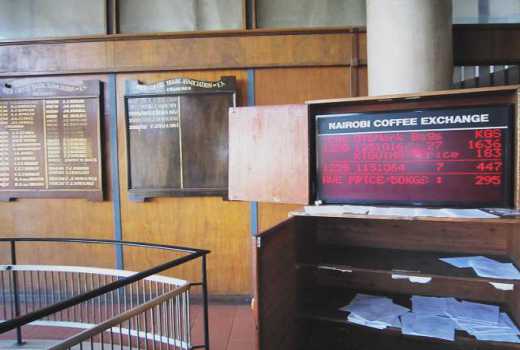×
The Standard e-Paper
Join Thousands Daily

NAIROBI, KENYA: The scale of losses is easily in the tune of billions of shillings as only inferior quality beans that attracts lower prices are available on the open market.